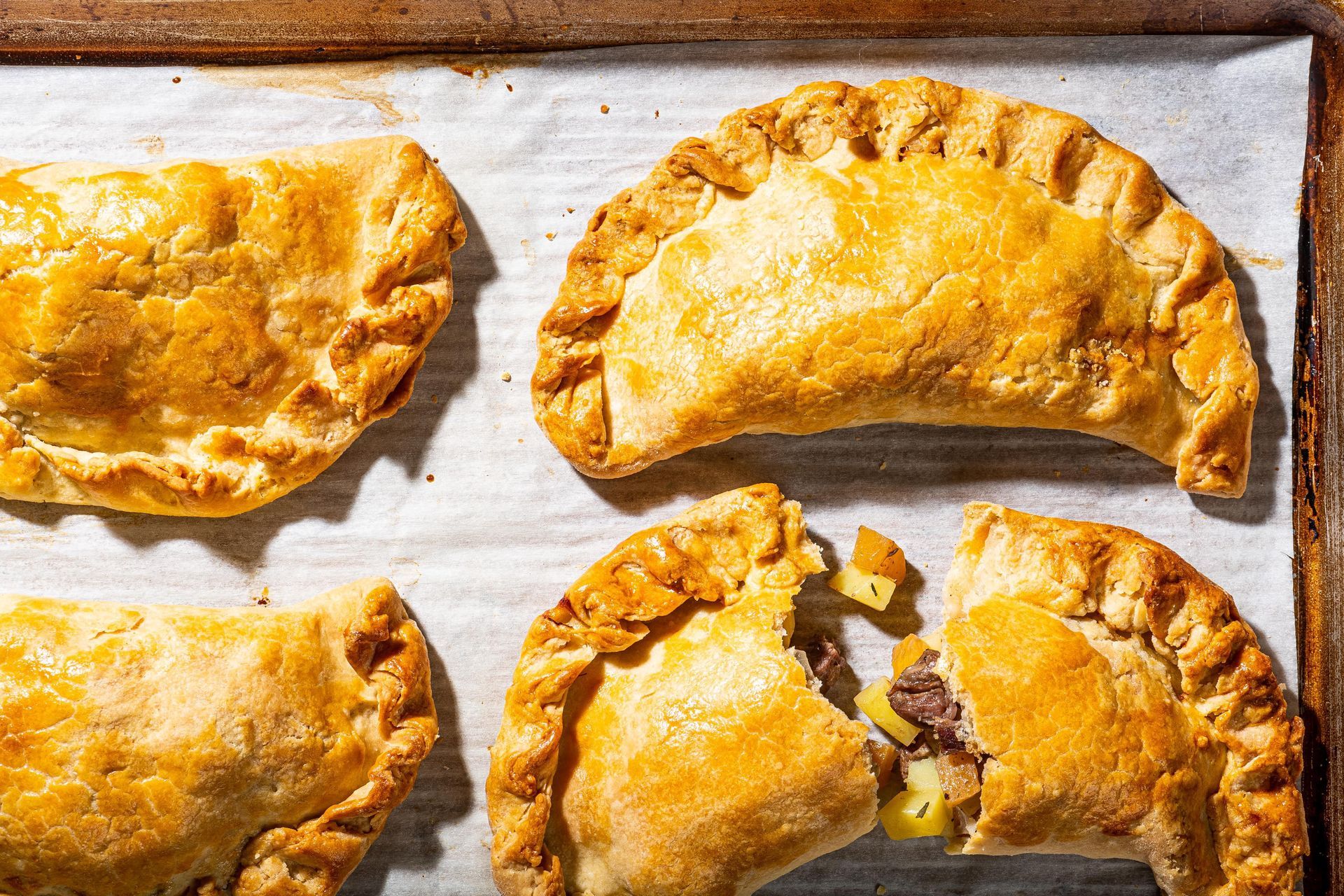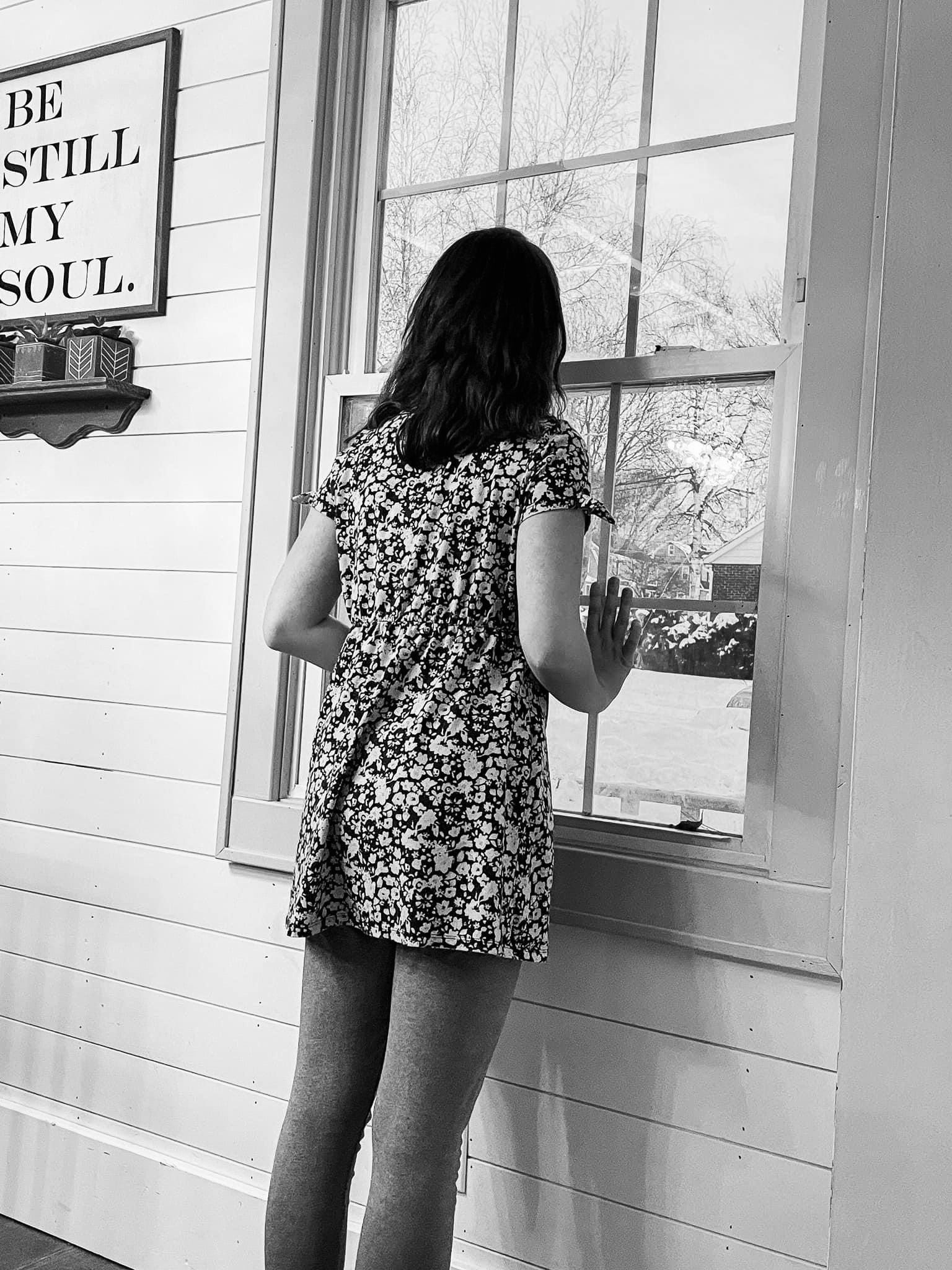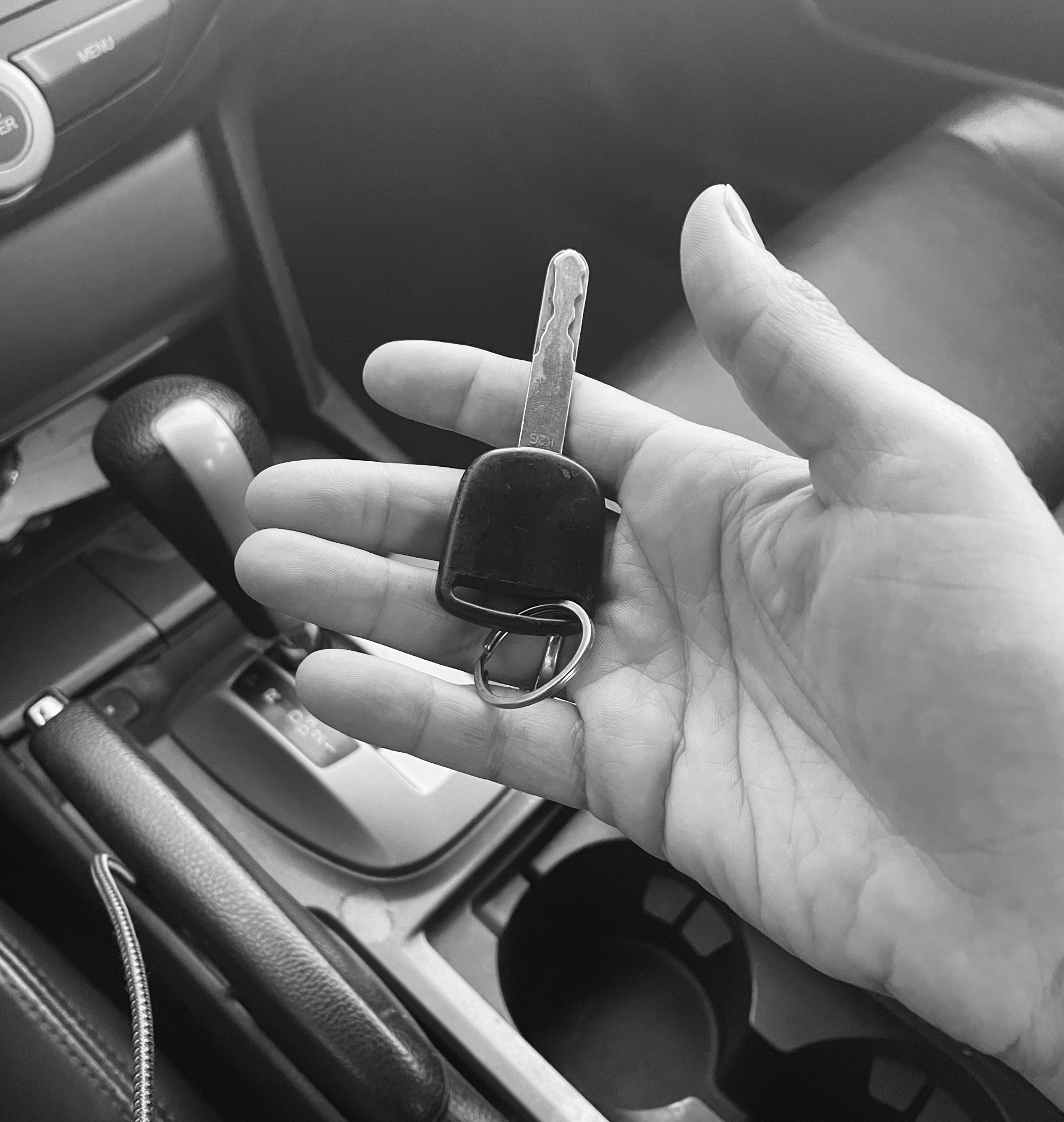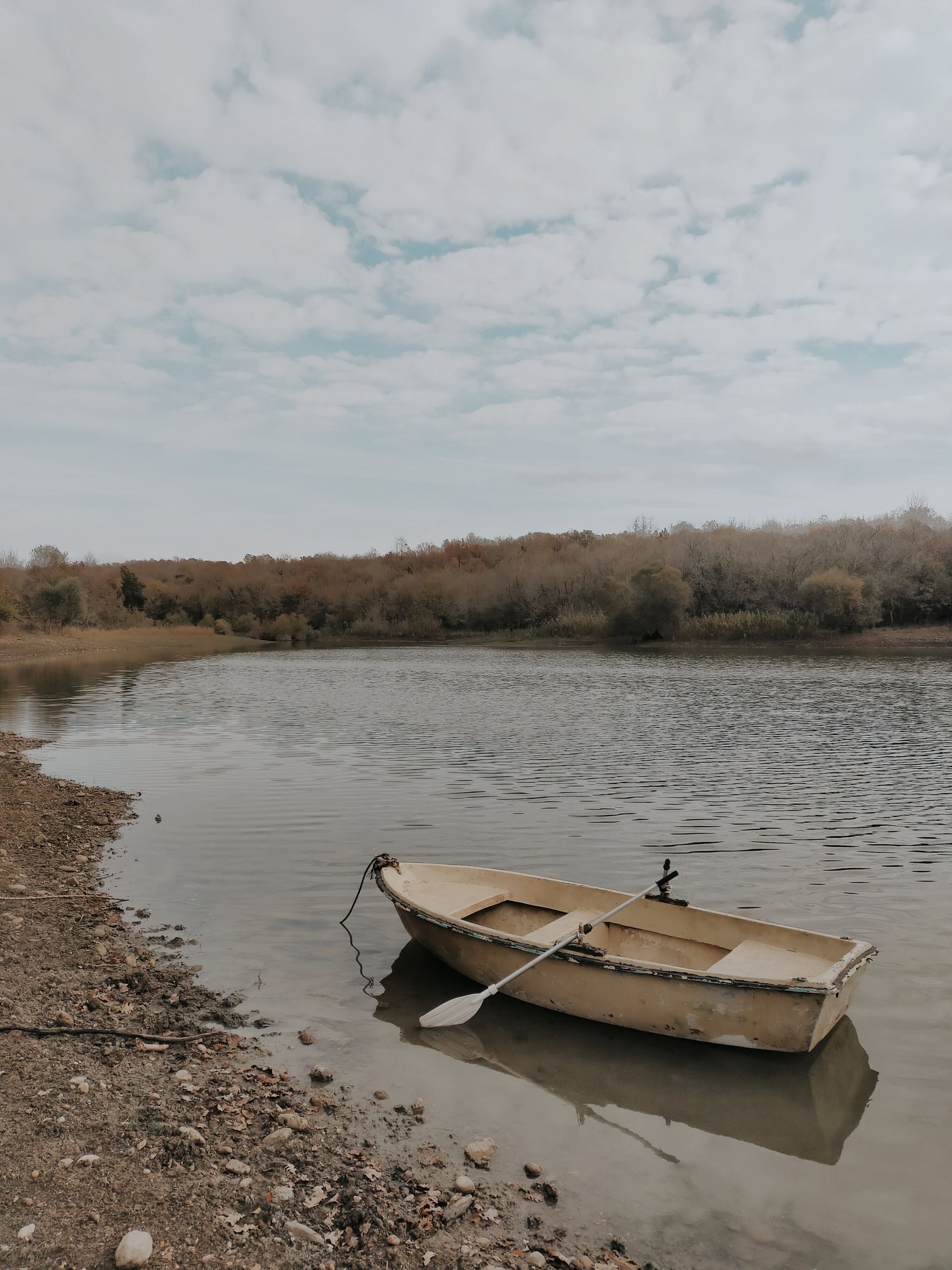The Club No One Wants to Join
“There’s no heartbeat,” the doctor explained.
We had received this devastating news two weeks prior, but we hoped and prayed the machine was faulty or the baby’s heartbeat was too early to detect. So, we returned for another ultrasound, begging God for a miracle.
But we didn’t get one.
Grief is funny.
One minute you think you’re fine and the next minute it sneaks up on you. One minute you’re laughing with friends at a restaurant and the next minute you’re in the bathroom stall drying your tears with cheap toilet paper.
A family member asked me the other night if I was over my miscarriage.
A miscarriage isn’t something you get over.
It’s not a cold.
It’s a child.
It’s a future you envisioned.
It’s a gift from God that almost happened. And I think that’s what makes it so hard—the almost part. The possibility was closer than my next breath.
I don’t blame them. No one really knows what to say when someone suffers loss. They fumble over their words while we try to cover up our bullet holes with bandaids.
The truth is, we hide our wounds because no matter how much someone loves you, they don’t really want to see them. They desperately want us to feel better. They want us to smile—to laugh and joke and act like everything is okay.
But sometimes it’s not okay.
Yet there is one person who actually wants to come close to our wounds. His name is Jesus.
The Bible says that “The Lord is near to the brokenhearted; he rescues those crushed in spirit.” (Psalm 34:18) The Message translation puts it this way: “If your heart is broken, you’ll find God right there; if you’re kicked in the gut, he’ll help you catch your breath.”
The Hebrew word for God drawing near is karov, which means “close enough to touch.” In our pain, Jesus rushes to our aid. There is an intimacy with Jesus we can only experience in our brokenness. The Apostle Paul calls it “the fellowship of his suffering.” I’m not sure that’s a club I want a membership card to. But there is a depth of love we can’t comprehend unless we allow him access to our wounds so he can do what he does best.
With a medic bag in hand, Jesus approaches.
“You don’t want to see this, Jesus. I’m a mess.”
“Yes, I do,” he insists as he pulls out the gauze. “You said you wanted to know me more.”
“But I didn’t think it would hurt this much.”
“I know, me neither.” Jesus whispers as his nail scarred hands wrap your wounds.
We ask to be Jesus’ hands and feet,
but we often forget what those hands and feet have gone through.









